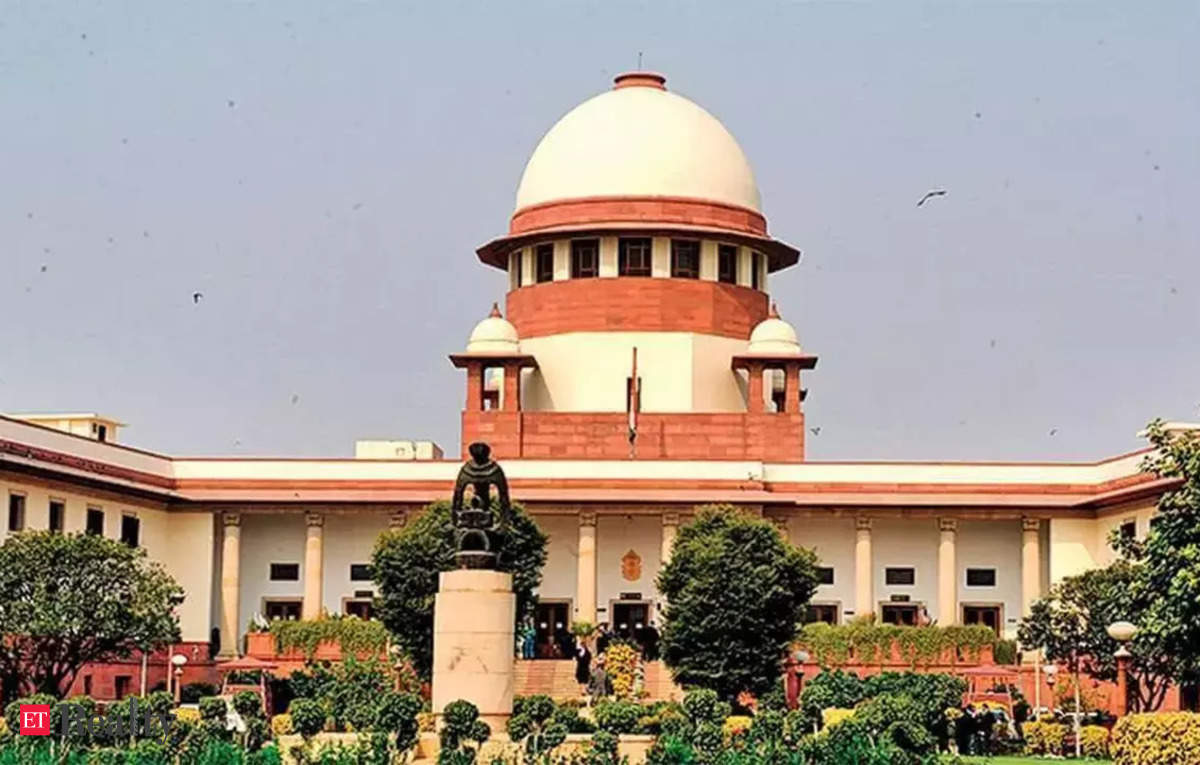NEW DELHI: The Supreme Court on Friday said it was not necessary for an Enforcement Directorate officer to furnish written communication about the ground of arrest at the time of detention and it could be done within 24 hours.
The court said this while rejecting the plea of real estate company Supertech’s chairman RK Arora that his arrest was vitiated as he was not furnished the ground of his arrest in writing at the time of his detention by the ED.
A bench of justices Bela M Trivedi and Satish Chandra Sharma said the phrase “as soon as may be” used in Section 19 of PMLA should mean as early as possible without delay.
“The expression ‘as soon as may be’ contained in Section 19 of PMLA is required to be construed as ‘as early as possible without avoidable delay’ or ‘within reasonably convenient’ or ‘reasonably requisite’ period of time. Since by way of safeguard, a duty is cast upon the concerned officer to forward a copy of the order along with the material in his possession to the adjudicating authority immediately after the arrest of the person, and to take the person arrested to the concerned court within 24 hours of arrest, in our opinion, the reasonably convenient or reasonably requisite time to inform the arrestee about the grounds of his arrest would be 24 hours of the arrest,” the bench said.”In our opinion, the person asserted, if he is informed or made aware orally about the grounds of arrest at the time of his arrest and is furnished a written communication about the grounds of arrest as soon as may be, i.e. as early as possible and within reasonably convenient and requisite time of 24 hours of his arrest, that would be sufficient compliance of not only Section 19 of PMLA but also of Article 22(1) of the Constitution,” it said.
The bench said the SC in its judgment in Vijay Madanlal Choudhary case had held that as long as the person was told about the grounds of his arrest, that was sufficient compliance with the mandate of Article 22(1) of the Constitution.











